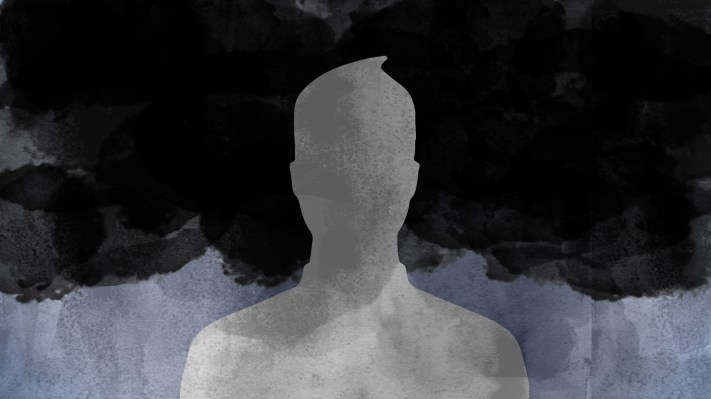A new technology by MIT researchers can sense depression by analyzing the written and spoken responses by a patient. The system, pioneered by MIT’s CSAIL group, uses “a neural-network model that can be unleashed on raw text and audio data from interviews to discover speech patterns indicative of depression.”
“Given a new subject, it can accurately predict if the individual is depressed, without needing any other information about the questions and answers,” the researchers write.
The most important part of the system is that it is context-free. This means that it doesn’t require specific questions or types of responses. It simply uses day-to-day interactions as the source data.
“We call it ‘context-free,’ because you’re not putting any constraints into the types of questions you’re looking for and the type of responses to those questions,” said researcher Tuka Alhanai.
“Every patient will talk differently, and if the model sees changes maybe it will be a flag to the doctors,” said study co-author James Glass. “This is a step forward in seeing if we can do something assistive to help clinicians.”
From the release:
The researchers trained and tested their model on a dataset of 142 interactions from the Distress Analysis Interview Corpus that contains audio, text, and video interviews of patients with mental-health issues and virtual agents controlled by humans. Each subject is rated in terms of depression on a scale between 0 to 27, using the Personal Health Questionnaire. Scores above a cutoff between moderate (10 to 14) and moderately severe (15 to 19) are considered depressed, while all others below that threshold are considered not depressed. Out of all the subjects in the dataset, 28 (20 percent) are labeled as depressed.
In experiments, the model was evaluated using metrics of precision and recall. Precision measures which of the depressed subjects identified by the model were diagnosed as depressed. Recall measures the accuracy of the model in detecting all subjects who were diagnosed as depressed in the entire dataset. In precision, the model scored 71 percent and, on recall, scored 83 percent. The averaged combined score for those metrics, considering any errors, was 77 percent. In the majority of tests, the researchers’ model outperformed nearly all other models.
Obviously detection is only part of the process but this robo-therapist could help real therapists find and isolate issues automatically versus the long process of analysis. It’s a fascinating step forward in mental health.
